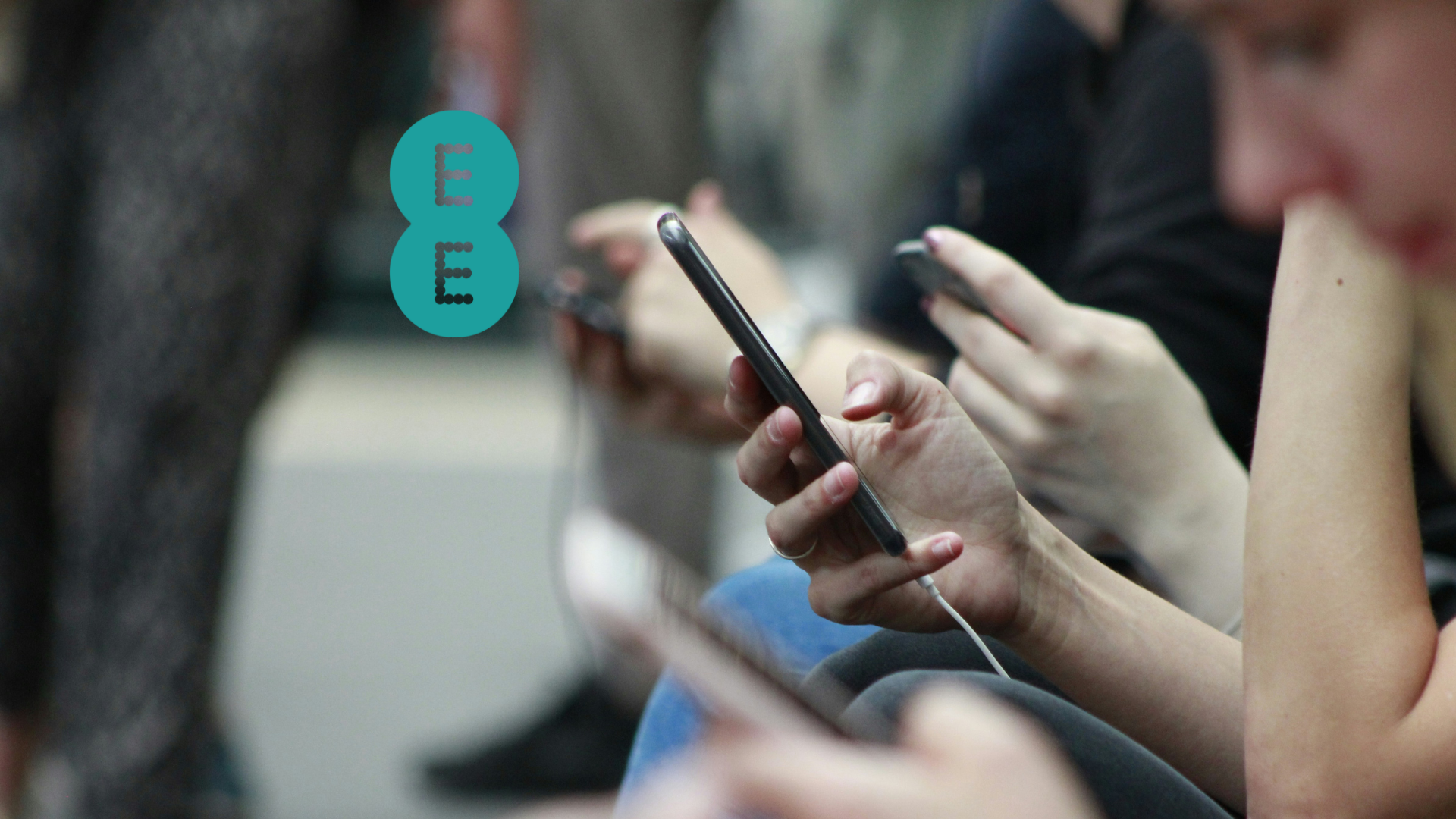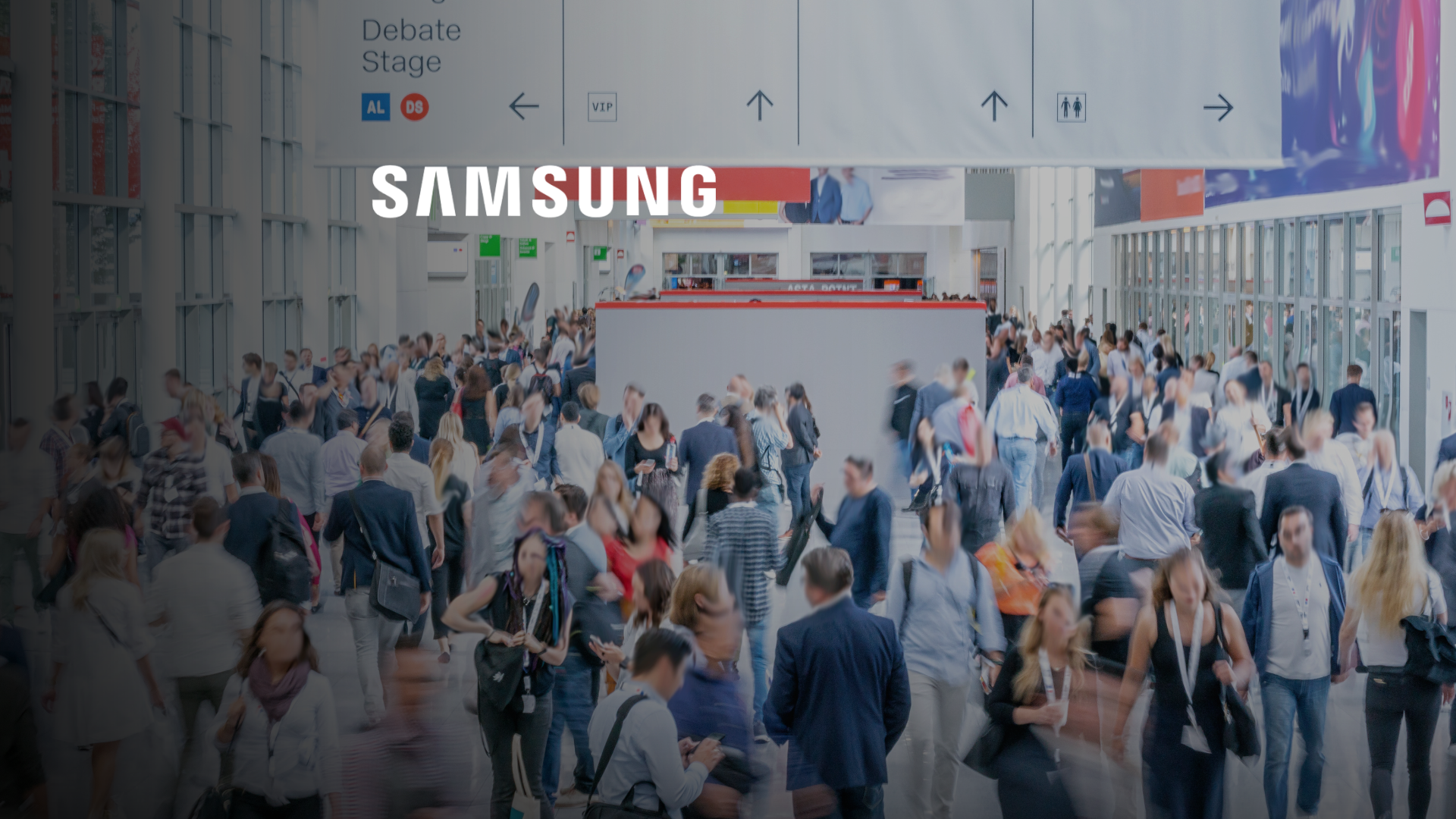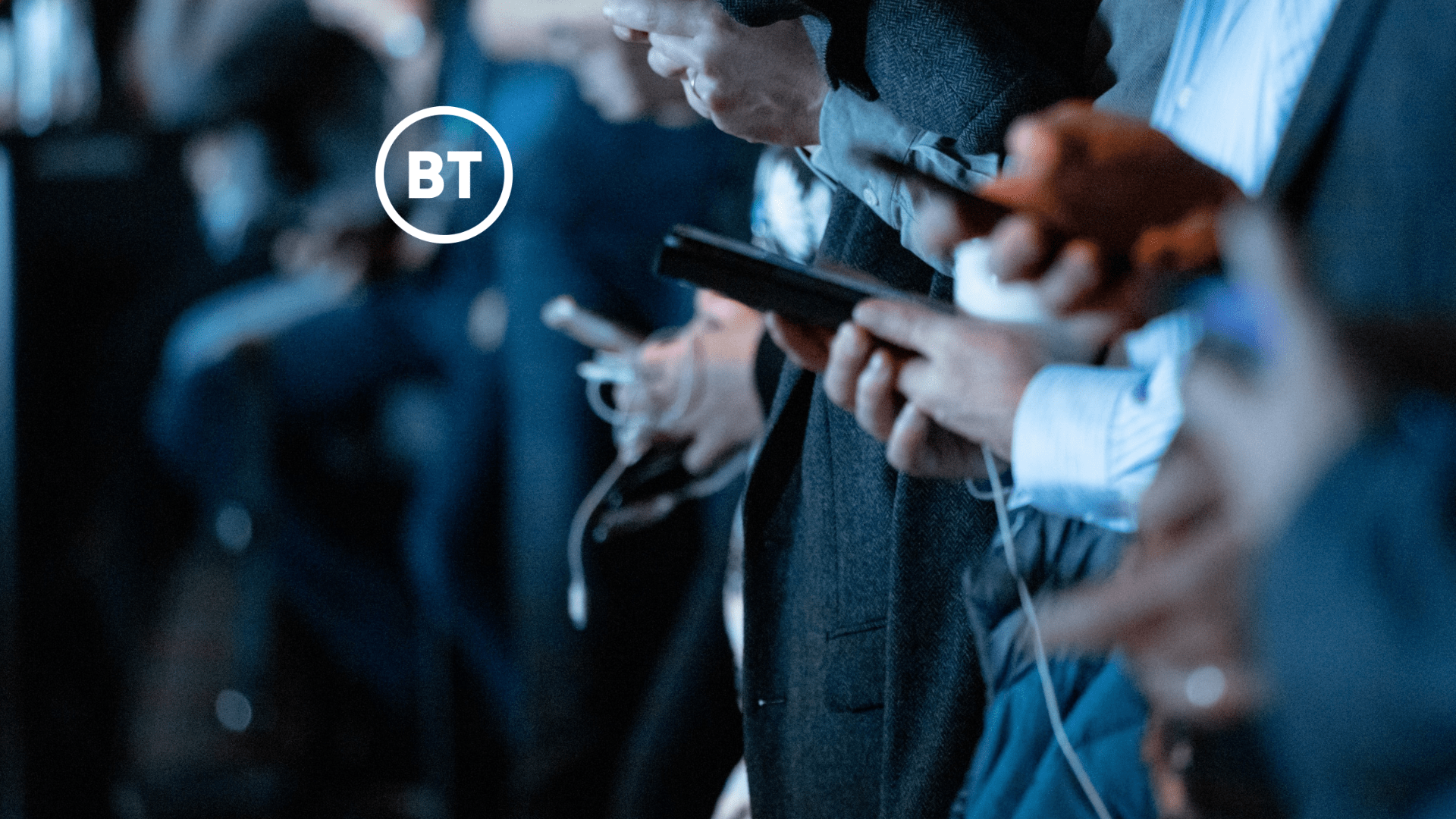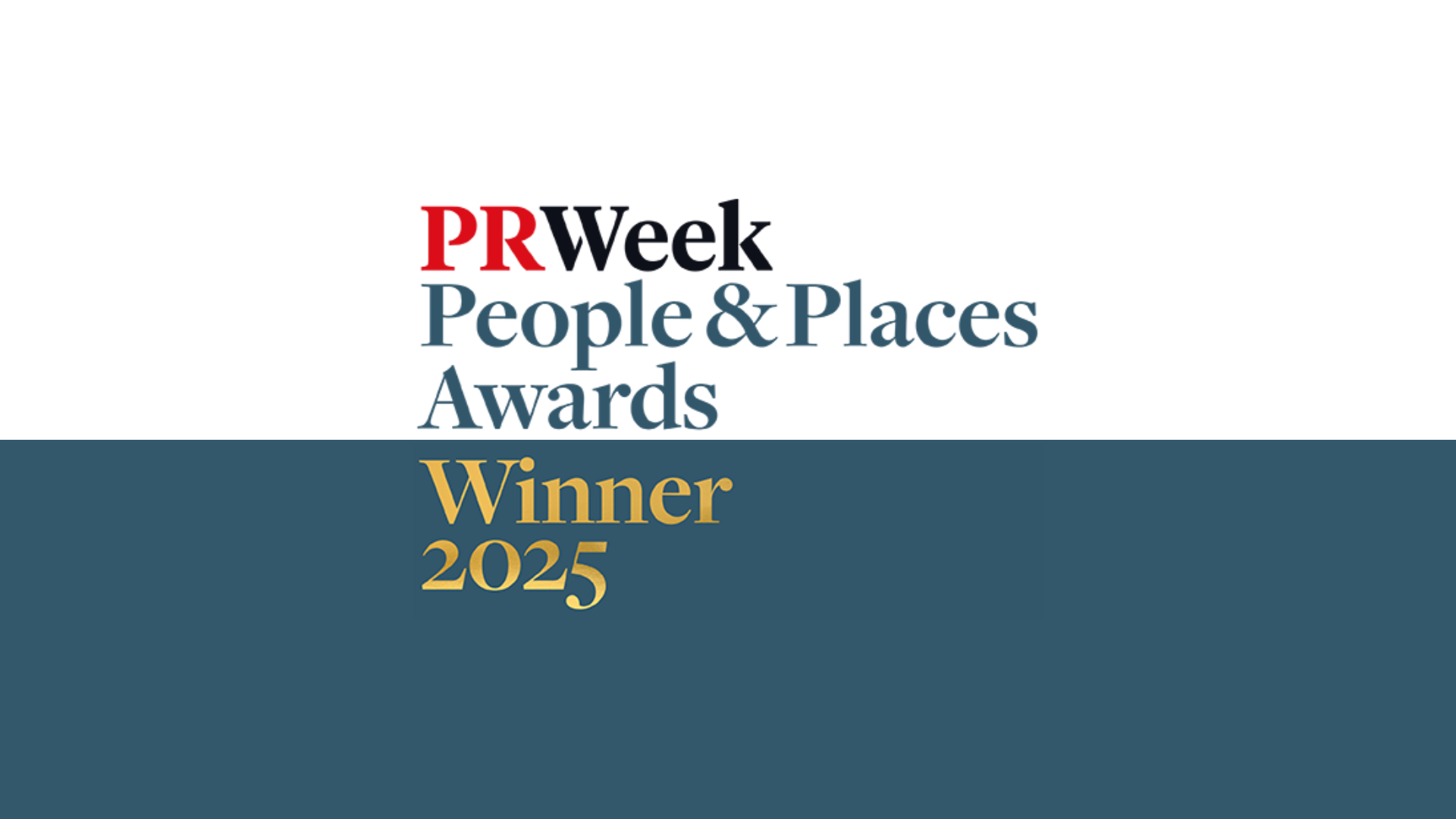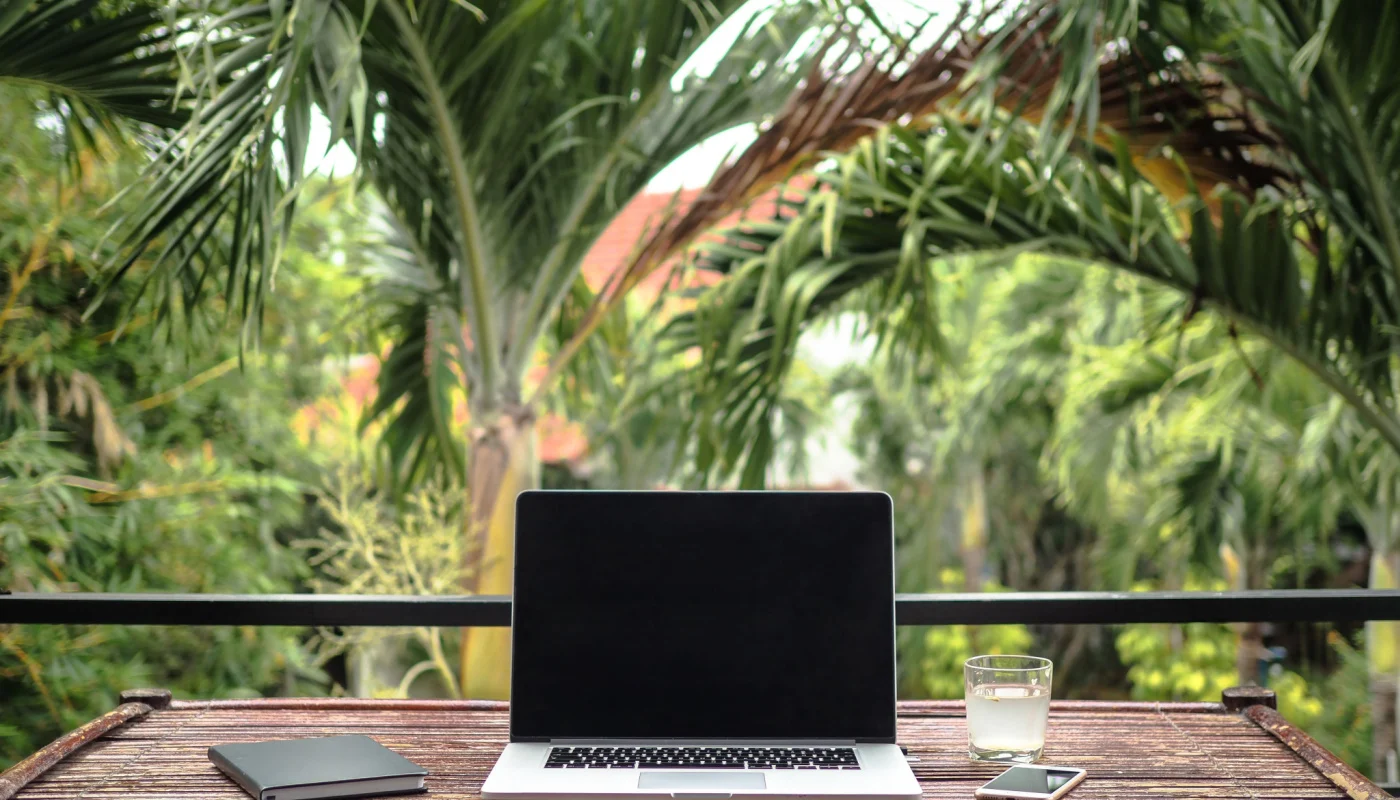Many of us have considered staying up late or “pulling an all-nighter” to adhere to deadlines set by school, college, or work. I know I have. Maybe it momentarily feels like a successful and efficient way to complete the “urgent” task at hand, but what are you doing to your body in the long run? Do we sometimes prioritise urgent over important, more than we should?
Increasingly, we are becoming a more sleep-deprived society. It is prevalent not just in cities, but towns across the world. Closer home, studies reveal that only 6% or 4 million UK get the recommended 8 hours of sleep. It’s estimated that 20.6 million or 1 in 3 in the UK suffer from insomnia and sleep deprivation and 60% of Brits are unhappy with the quality of sleep. In fact, sleep deprivation has caused the UK economy 40.2 billion pounds.
While you may have possibly heard that sleep is essential, have you stopped and given it a second thought, to see whether you could benefit from changing something? Most of us usually don’t make lifestyle changes until something starts affecting us directly. Maybe we “wake up” when sleep deprivation affects a relative, colleague or friend. That’s just how we are all wired.
Human beings as a species are curious, innovative, and creative. Sometimes this trait can complicate or interfere with otherwise simple bodily functions such as eating, walking, or sleeping. With every new generation, inventions arise, and even newer issues occur – things that were once considered a normal way of life are now obsolete. Ask yourself the following questions:
- How many hours do you sleep for?
- What time do you go to bed?
- Do you get undisturbed, restorative, and deep sleep?
- Do you wake up in the middle of the night and check your phone? Or check the time?
- What do you do just before sleeping – watch TV or surf the internet on your phone?
- Do you feel fresh, restored, and bright when you wake up?
Your responses may be a clue to many of your problems. Many of us will be surprised by the simplicity of these questions, and the simplicity of the solution. The advent of technology may have transformed our lives for the better, however, excess of even a good thing can be harmful and even addictive. Smart phones have enamoured the whole world, right from the older generation to toddlers. In addition to smart phones, television sets, jobs, stress, financial worries, anxiety are some of the factors that have impacted people’s sleep.
When people stare at a blue light-emitting device in the evening, it takes them longer to fall asleep, they experience less REM sleep (when dreams occur), and they have a tougher time waking up in the morning. Our body clock follows a simple logic – when it’s dark outside, your brain knows it is night, which is the time to sleep. When the morning sun lands on your eyelids, the brain senses it’s time to wake up. There are intelligent hormones to identify these patterns. The pineal gland produces melatonin, which modulates sleep patterns in both circadian (twenty-four hour) and seasonal cycles. The closest we get to acknowledging the effect of these hormones, especially melatonin, is when we experience jet lag, but we fail to notice their role in everyday life.
Why should we give more importance to sleep? With good sleep, we tend to retain information better and perform better on memory related tasks. Our bodies require daily predictable periods of sleep to restore, rejuvenate and grow muscle, repair tissues and blood vessels, synthesise hormones, build immunity, and maintain a stable mood. Ongoing sleep deprivation is linked to an increased risk of cancer, stroke, heart disease, dementia, kidney disease, high blood pressure, diabetes, depression, mental health challenges, excessive hunger, and weight gain.
Lack of awareness about sleep deprivation and its impact that it has on physical and mental health, is worrying. Approximately 75% of depressed people show symptoms of insomnia and many who have depression suffer from daytime sleepiness and hypersomnia. Some of us along with our peers, colleagues and friends take pride in losing sleep to do more work. While few might know and experience the impact of lack of sleep on overall productivity at the workplace, the association with unethical behaviour, effect on decision-making, sudden mood-swings, and innovative thinking is seldom spoken about.
For those who have a poor sleep pattern, each working day can present many challenges which those who enjoyed a full night’s rest may not recognise. A good night’s sleep, which is approximately between 7-9 hours for an adult, can help you become a better version of yourself with sharper focus, higher alertness, empathy, creativity, and a more positive mood and mindset. People can survive without food far longer than sleep – which clearly indicates its importance. Have you thought about why some of the simple solutions to get over various problems is to sleep? Sleep is truly the body’s overnight healer, one of the most underrated medicines and solution to many problems faced.
Personally, I have seen a massive improvement in my health and overall well-being with the flexible working hours at CCgroup where I start early and wrap up early, have an early dinner before 7pm which was something I couldn’t manage for years, and sleep by 9:30pm. Having this good work-life balance has helped me maintain a healthy lifestyle, get good quality sleep and be more focussed at work. I used to take sleep for granted, especially when I was younger. Now, knowing what I know, I completely agree with the phrase, “Early to bed and early to rise, makes a person healthy, wealthy, and wise”. Do you?
